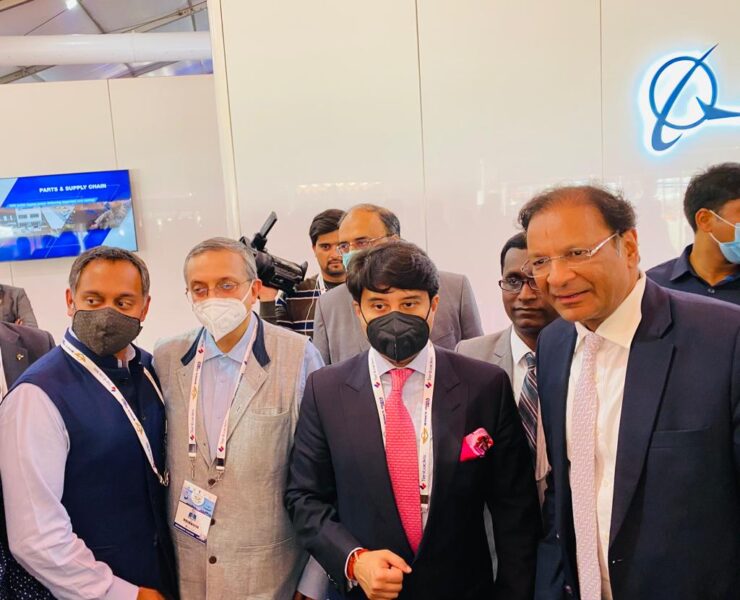
Hyderabad. Boeing, SpiceJet, and CSIR-Indian Institute of Petroleum (IIP) today announced that they are working together to explore opportunities for the use of Sustainable Aviation Fuel (SAF) in the Indian aviation industry, as part of the organisations’ commitment to help reduce carbon emissions, contributing to the Indian Government’s environmental goals.
The companies will work together to leverage SAF supply from CSIR-IIP and its production partners and licensees to help SpiceJet decarbonize its fleet. SAF can reduce CO2 emissions by as much as 65% over the fuel’s life cycle with the potential to reach 100% in the future. It is recognized as offering the most immediate and greatest potential to decarbonize aviation over the next 20 to 30 years.
“We are at the forefront in leading initiatives that contribute to the reduction in carbon footprint, enabling the Indian aviation sector to be smarter, cleaner, and sustainable. This expanded work with Boeing, with whom we already share a strong partnership through the highly efficient 737 MAX, along with the Indian Institute of Petroleum, who are the frontrunners for developing SAF in India, is a step in the journey to ensure air travel is sustainable for future generations,” said Ajay Singh, Chairman and Managing Director, SpiceJet.
“At Boeing, environmental sustainability is at the core of how we work and develop our products and solutions for our customers. We have been pioneers in making sustainable aviation fuels a reality. We believe that strategic partnerships within the Indian aerospace ecosystem are critical to decarbonize our industry, aligned with the Indian Government’s environmental goals. We are honored to work with SpiceJet to advance sustainable aviation, with whom we already have an enduring partnership, and extend gratitude to IIP for being the catalysts for enabling SAF in India, for India,” said Salil Gupte, president, Boeing India.
“Our Institute is the first and currently the only organization in India that is developing a fully indigenous SAF in the country, for the country. We are delighted to partner with SpiceJet and Boeing to contribute to making the Indian skies cleaner and greener,” said Dr. Anjan Ray, Director, CSIR-Indian Institute of Petroleum.
Made from several feedstocks, SAF is certified for commercial use and can be blended with traditional jet fuel without modifications to airplanes, engines, or fueling infrastructure.
In 2021, Boeing committed to deliver its commercial airplanes capable and certified to fly on 100% SAF by 2030. This announcement builds on Boeing’s long-term industry leadership and investment to develop SAF around the world, partnering with airlines, fuel companies, governments and research institutions to expand SAF supply and reduce its cost. This announcement builds on Boeing’s long-term industry leadership and investment to develop SAF around the world, partnering with airlines, fuel companies, governments and research institutions to expand SAF supply and reduce its cost.















